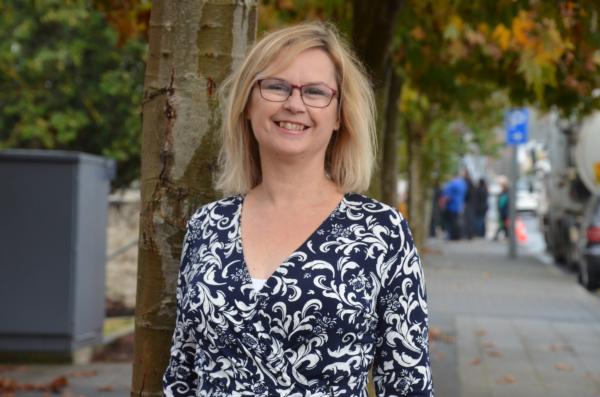
By Raquel Mustillo
INVESTMENT in regional public transport should be among the South Australian Government’s priorities in the upcoming State Budget, shadow regional development minister Clare Scriven says.
An improvement in inter and intra town transport and stronger support for tourism operators post-COVID-19 top Ms Scriven’s wishlist for State Government funding in the upcoming state budget.
A report into country bus services is expected to be handed down today after a proposal by Ms Scriven to examine regional transport was backed in the state’s upper house.
Ms Scriven said while she did not expect the State Government to establish a public transport fleet to the regions, stronger coordination between existing services was a necessity.
She said a forum into regional bus services in the Limestone Coast found community groups, organisations and private bodies provided individual transport options, but called for a more coordinated and reliable network tailored to the needs of the community.
“One of the things to come out of the forum was that there are a lot of private bodies, community groups and organisations like Red Cross which are doing little bus services,” Ms Scriven said.
“All these people are just filling a gap, but we need a coordinated approach and that is a real role for government.
“It does not have to be a huge cost and it would come down to three steps, first the review, then coordinating the services and step three would be looking at additional services.
“There might be some duplication in transport services and identifying it could free up resources.”
Ms Scriven supported an expansion of the State Government’s ‘Great State’ tourism voucher scheme, which provided $100 off accommodation in Adelaide and $50 vouchers to spend in regional areas.
She said the $4m voucher scheme – which sold out within 90 minutes of going on sale – excluded accommodation providers with less than 10 rooms as well as hospitality, experiences and tours.
The frontbencher cited the Tasmanian Government’s $7.5m scheme, which offered both a $100 accommodation voucher and a $50 experience voucher.
A second round of $200 vouchers has been announced for the Northern Territory, with a bonus claim of up to $200 when recipients travel more than 400km from their permanent residence.
“A $50 accommodation voucher is not going to encourage people to go as far as the Limestone Coast for their holiday,” Ms Scriven said.
“I would like to see vouchers available for experiences that are not accommodation-based, such as winery tours.
“Making these vouchers really work and attracting people to the region is what we need and we can do that by looking at a greater amount and expanding the eligibility of what is currently available.”
Ms Scriven hoped the budget, which will be handed down on November 10, would include provisions to support the state’s $2.8b forestry industry.
“The industry has been significantly affected by COVID-19 and cross-border issues, such as the bubble not being big enough,” she said.
“We need to see some long-term policy to help with the effects of COVID-19 and assist with job creation.
“Before the election, the government promised to double the economic impact of the forestry industry by 2050, but there has not been any action.
“There is a reference group that has met three or four times a year, but no tangible policy has come from it.”
Ms Scriven called on the State Government to fund additional overtaking lanes on the Riddoch Highway to ensure the safety of users.
She acknowledged the new overtaking lanes located north of Naracoorte for south-bound traffic and two lanes south of Naracoorte, but said more dual lanes were needed for the main freight and commuter corridor.
“All of these things will create jobs and assist in local services as we deal with the effects of COVID-19,” she said.
“The question is how serious is the State Government about investing in jobs.”







